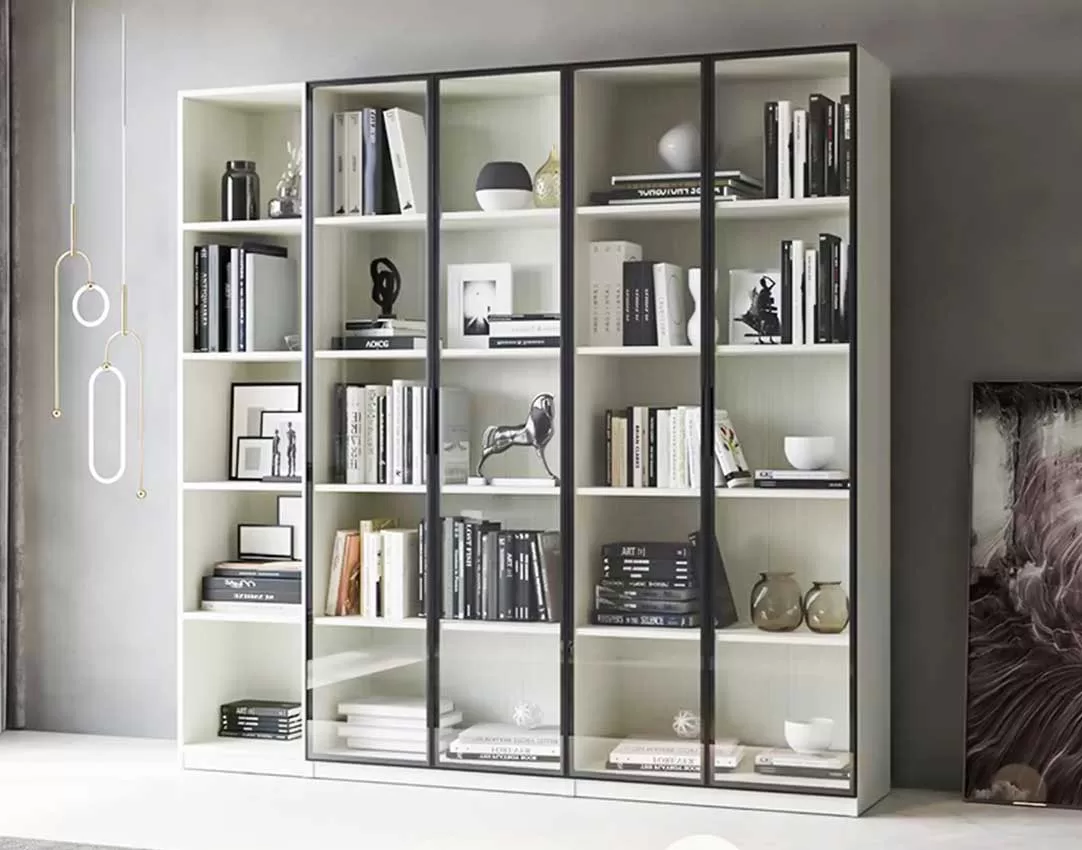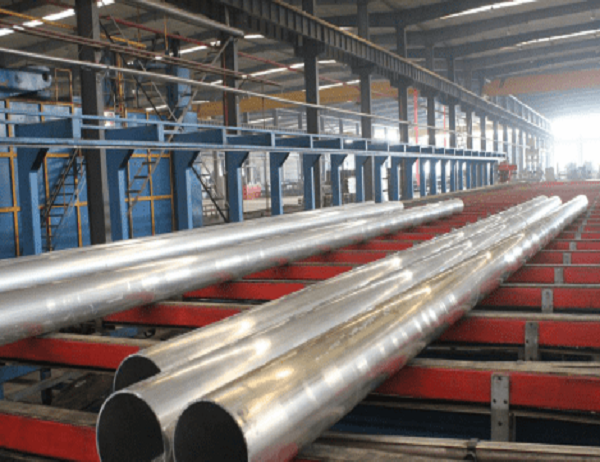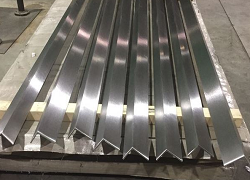In the realm of kitchen design, choosing the right materials is crucial for both form and function. While aesthetics play a significant role, cost-effectiveness remains a key consideration. Aluminum profiles have emerged as a compelling option, offering a unique blend of durability, versatility, and affordability compared to traditional kitchen materials.
Aluminum profiles boast exceptional durability, withstanding wear and tear in busy kitchens. Their resistance to moisture, corrosion, and chemicals ensures they maintain their luster and structural integrity over time. Unlike wood, which can rot or warp, or laminate, which can chip or peel, aluminum profiles provide long-lasting performance, minimizing the need for frequent repairs or replacements.
Aluminum profiles are surprisingly cost-effective, especially in the long run. While their initial cost may be slightly higher than some materials, their durability and low maintenance requirements make them a wise investment. The absence of painting or refinishing needs and their resistance to damage reduce ongoing expenses. Additionally, their streamlined production process often translates into cost savings for manufacturers, which are passed on to consumers.
Aluminum profiles offer unparalleled versatility, allowing for a wide range of design options. Their lightweight and malleable nature enables them to be formed into intricate shapes and designs, accommodating both traditional and contemporary kitchen styles. Moreover, their compatibility with various finishes, such as anodizing, powder coating, or paint, allows for seamless integration with any kitchen decor.
In the kitchen, hygiene and sanitation are paramount. Aluminum profiles excel in this aspect, as their non-porous surface prevents the growth of bacteria and mold. Their smooth finish makes them easy to clean and maintain, ensuring a hygienic environment for food preparation and storage. This attribute is particularly beneficial in commercial kitchens or households with high food handling standards.
Beyond their cost-effectiveness, aluminum profiles also offer environmental benefits. Aluminum is a highly recyclable material, minimizing its impact on landfills. Its durability reduces the need for frequent replacements, further conserving resources. Additionally, the production of aluminum profiles consumes less energy compared to other materials, making them an eco-friendly choice for sustainable kitchens.
When evaluating the cost-effectiveness of kitchen materials, aluminum profiles stand out as a compelling option. Their durability, low maintenance needs, versatility, hygiene, and sustainability make them a wise investment for both residential and commercial kitchens. By carefully considering the long-term benefits and environmental impact, homeowners and designers can make informed decisions that align with their budget, functional requirements, and commitment to sustainability.



